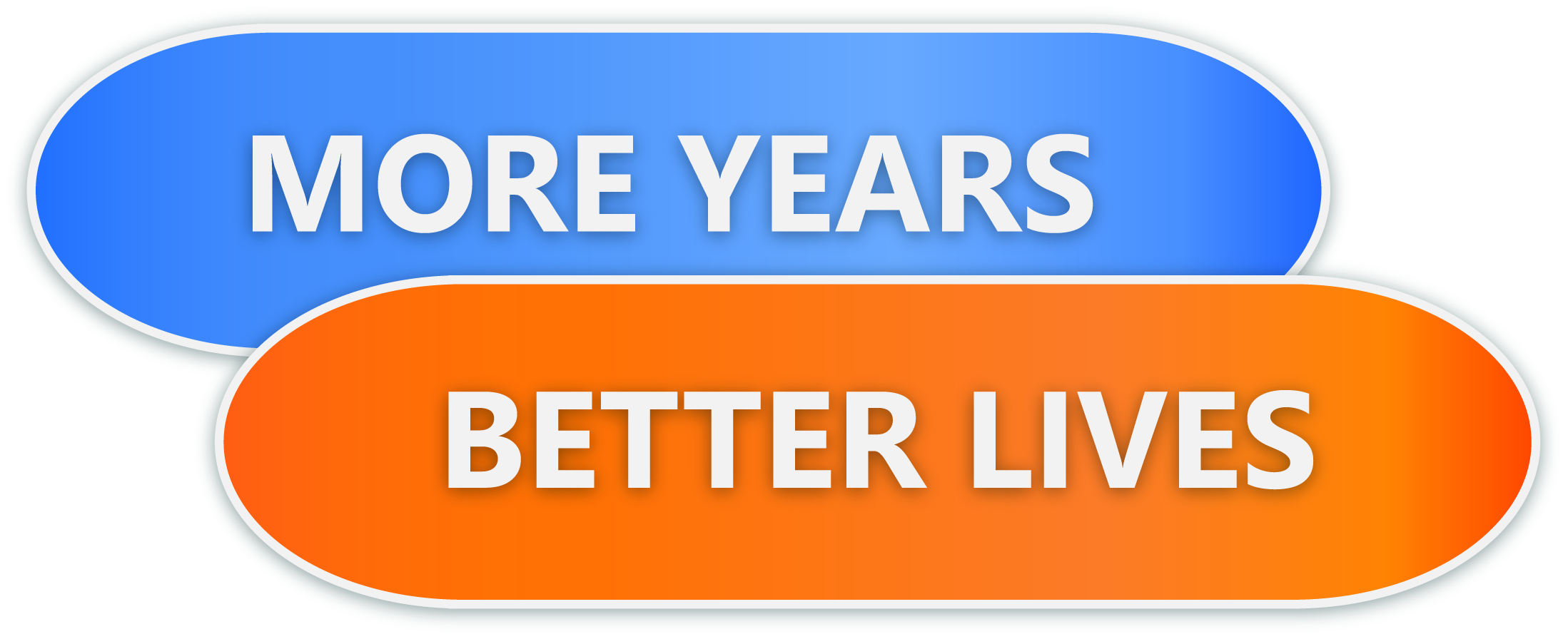Objectives & impact

ACCESS collects evidence from five countries. This allows insights in country-specific circumstances as well as empirically grounded general conclusions on causal relationships based on quantitative and qualitative case studies.
ACCESS will provide impact on policy and practice for overcoming the lack of attention to later life learning and for fostering digital literacy in later life.
ACCESS addresses basic human rights to learning and education in supporting older adults in their access to information and IT-based services.
ACCESS will provide impact on policy and practice for overcoming the lack of attention to later life learning and for fostering digital literacy in later life.
ACCESS addresses basic human rights to learning and education in supporting older adults in their access to information and IT-based services.
ACCESS puts focused attention:
- on appropriation support of internet and assistive technology applications
- on the design of technology informed by older adult users
The proposed solutions will affect various levels of political decision-making, e.g. the local level, as well as regional level, national level, and supranational (European) level.
ACCESS’ comparative research will give insights into viable policy solutions, since transferability between countries will be fostered.
The consortium consists of scientist with a unique composition of backgrounds and expertise in the fields of learning, adopting and using technologies for wellbeing related to different environmental impact factors for older adults, which nurtures a unique research perspective.

